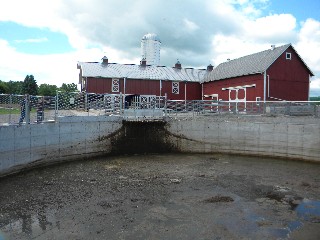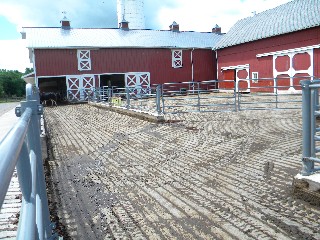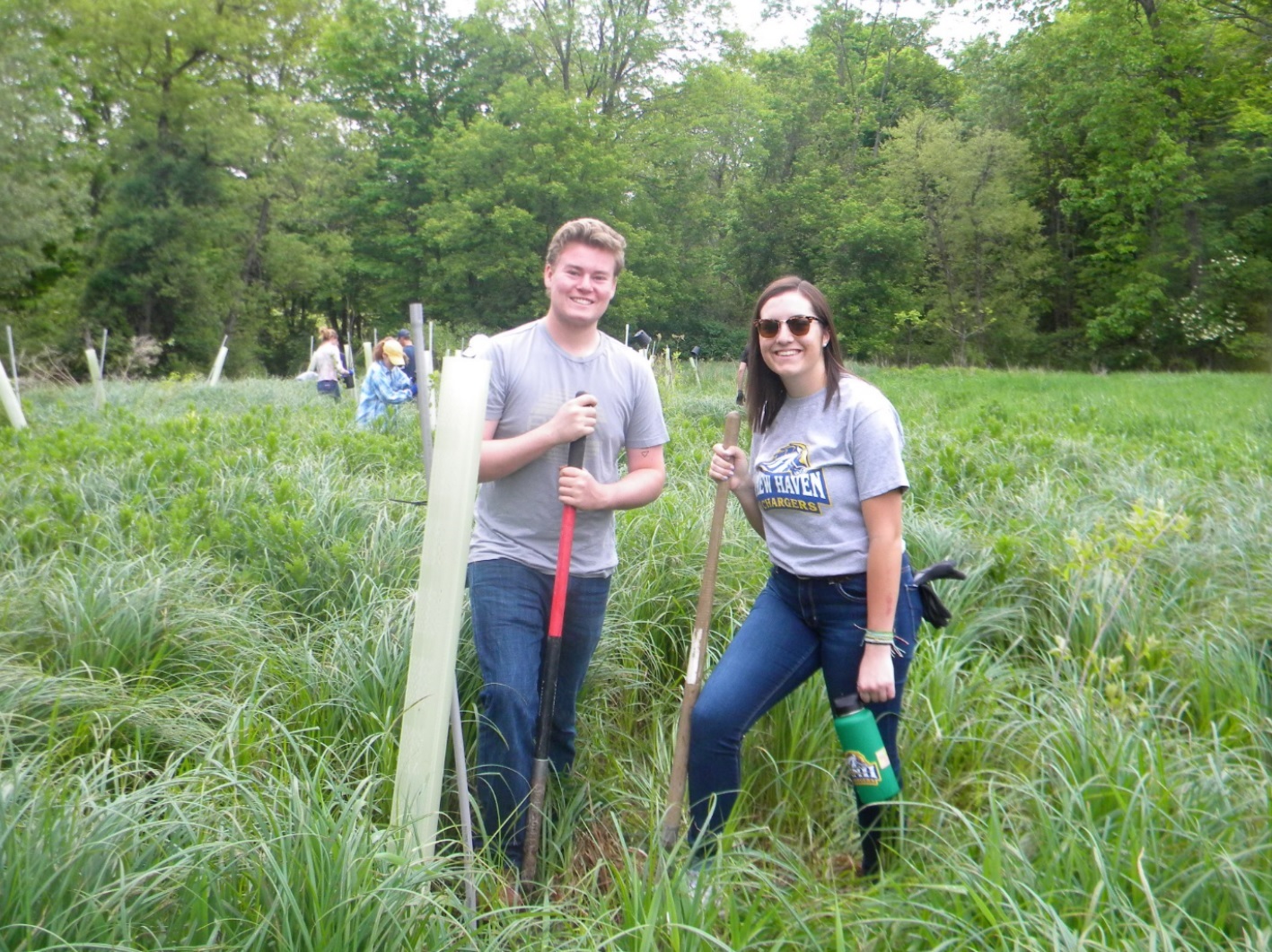WRWMG Awarded Funding to Implement Watershed Restoration Plans for the Papakating Creek and Clove Acres Lake / Clove Brook Watersheds
In 2009, the New Jersey Department of Environmental Protection (NJDEP) approved Watershed Restoration Plans for the Papakating Creek and Clove Acres Lake Watersheds. These Plans outline a comprehensive strategy, which includes numerous projects, watershed tasks, and implementation themes, aimed at reducing annual pollutant loads, meeting state and federally mandated standards, and restoring water quality to a picturesque area of New Jersey. As the leading entity for water quality protection in Sussex County, the Wallkill River Watershed Management Group was awarded funding by the NJDEP to implement the projects outlined in the restoration plans. To accomplish this task, the WRWMG developed a 3-programmed approach aimed at reducing stormwater pollutant loading, installing agricultural best management practices, and stabilizing streambanks through riparian buffer reforestation initiatives.
PROGRAM #1 - WRWMG Agricultural Outreach and Assistance Program
- Provide recommendations and technical support to farmers interested in implementing agricultural best management practices (BMPs)
- Work in partnership with NRCS to mutually plan and deliver the NRCS’s Farm Bill Programs
- Raise awareness about grant funding programs and/or organizations available to assist individual producers/farmers


PROGRAM #2 - WRWMG Stormwater Management Assistance Program
- Further define targeted project areas for implementation of stormwater best management practices including rain gardens, bioinfiltration systems, manufactured treatment devices (MTDs), and catch basin inserts
- Raise awareness about the Papakating Creek and Clove Acres Lake / Clove Brook Watershed Restoration Plans and the WRWMG Stormwater Management Outreach and Assistance Program
PROGRAM #3 - Riparian Ecosystem Enhancement Program
- Coordinate planning and implementation efforts for best management practices (BMPs) that do not require formal design including riparian buffer plantings, livestake harvest/installation, and litter clean-up activities
- Work with project partners to share conceptual ideas for streambank stabilization projects, wetlands enhancement and aquatic habitat improvement projects that could potentially be funded by the NRCS WRP and / or EQIP programs
- Act as the liaison between the landowner and the project partners to participate in the review of concept designs, project stake out, construction contracting, and construction inspection


High Point High School students planting trees along the Papakating Creek in Wantage, NJ